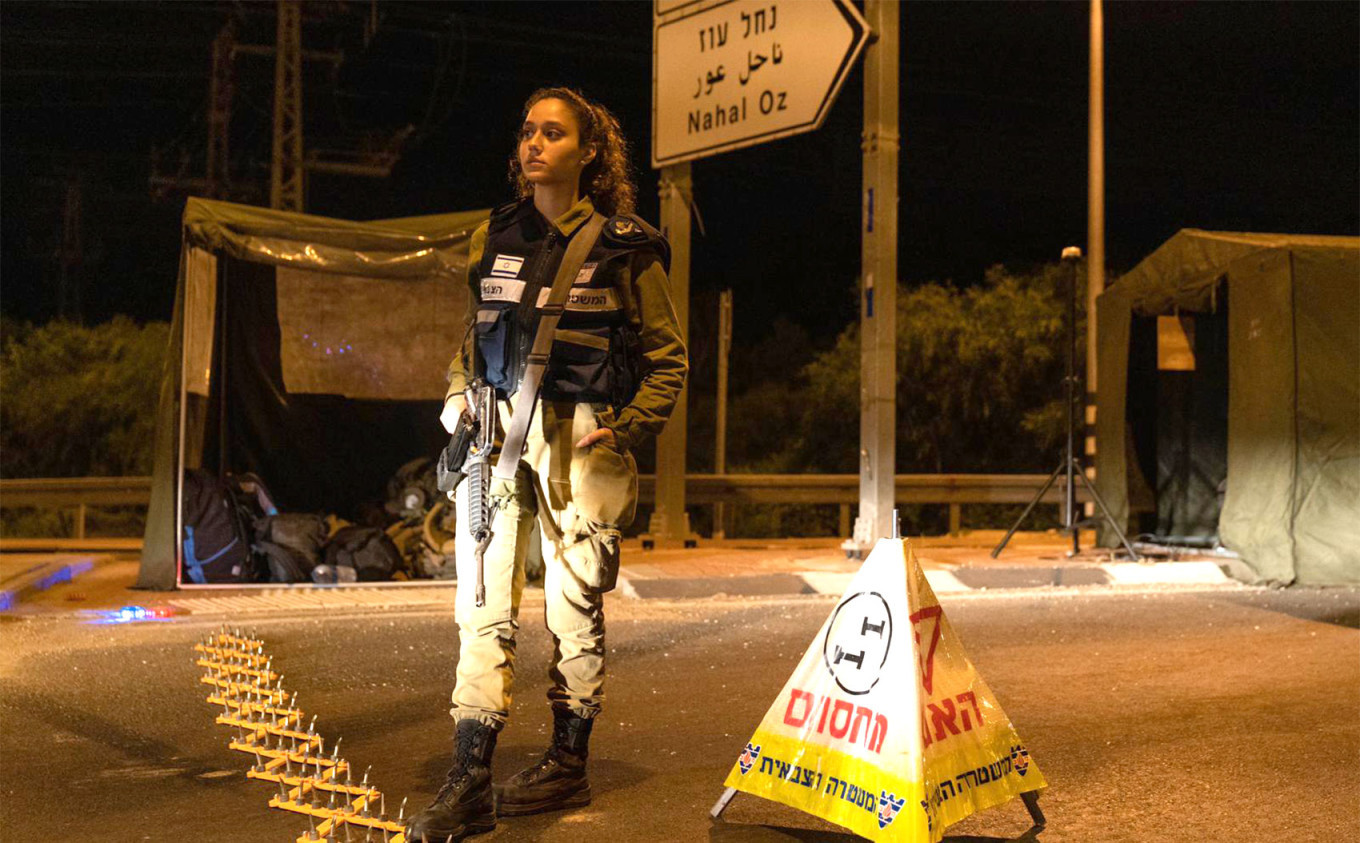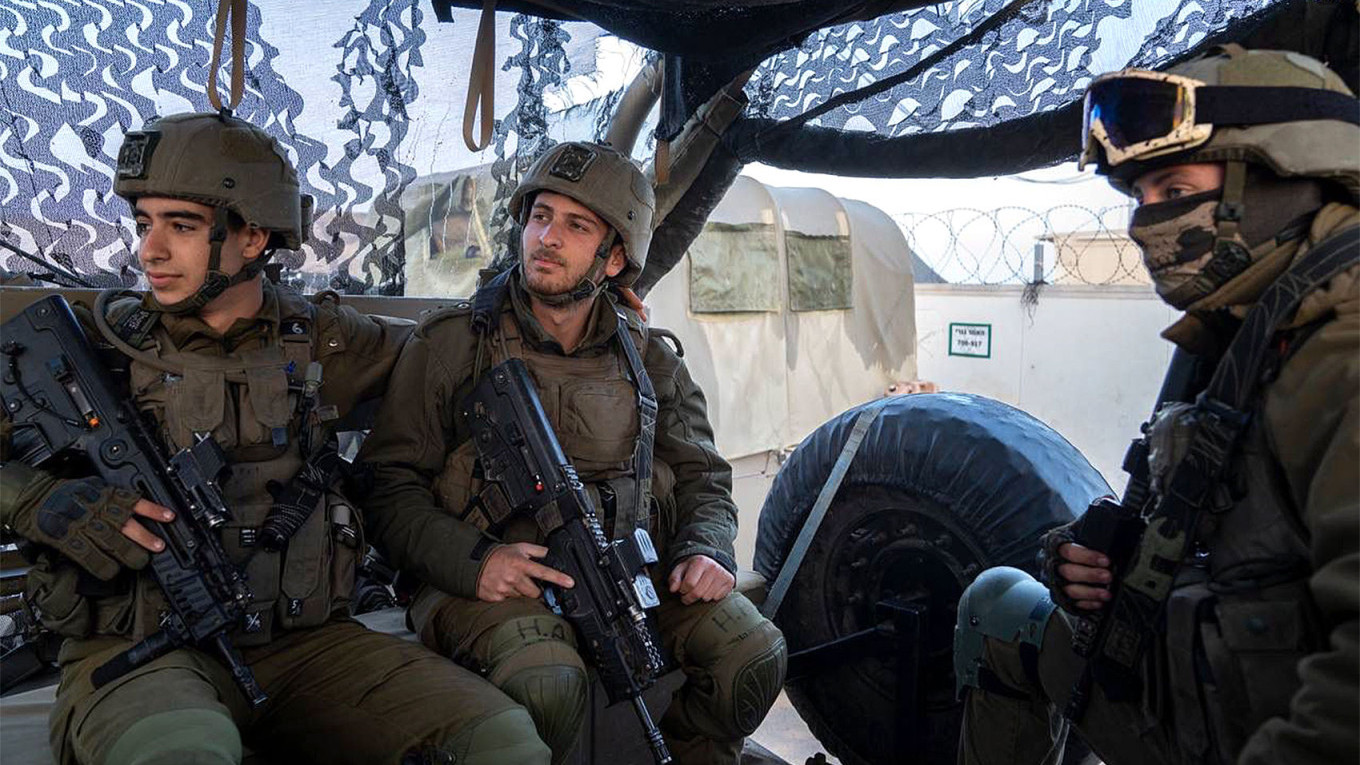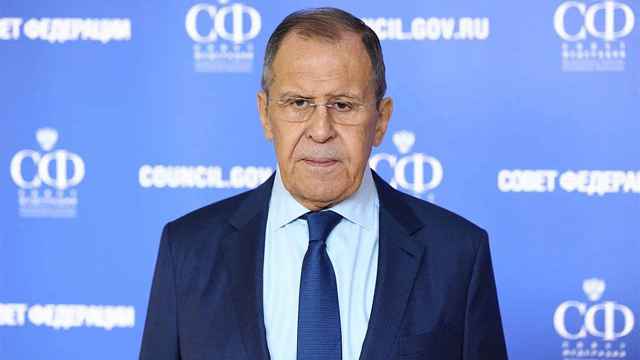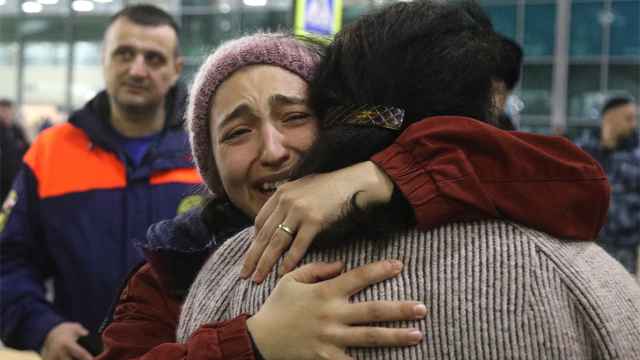Alice, a 17-year-old photographer, fled Russia for Israel shortly after the start of the war in Ukraine. Months later, she was summoned to serve in the Israeli army.
“I left Russia because of the war, and I cannot imagine myself serving in any army, in any country,” Alice told The Moscow Times in a phone interview.
“I don't want to have anything to do with killing people at all. Even if I don’t do it myself, I don’t want to wear the same uniform as people who, for whatever reason, kill others.”
She is one of hundreds of Russian emigres who, after fleeing their country’s wartime crackdown or mobilization, now find themselves facing military service in Israel — and the moral dilemmas that come with it.
Alice and other interviewees who spoke to The Moscow Times asked to remain anonymous, as military censorship is active in Israel, and the Israeli Defense Force (IDF) largely forbids soldiers from talking to the press.
Most Israeli teenagers, men and women, are expected to serve in the ranks of the IDF, a requirement that applies to new Russian migrants under the age of 22 who obtain citizenship. This rule holds despite their recent arrival and their escaping war, military mobilization, and political oppression.
Though aware of Israel's conscription policy prior to her arrival there, Alice, who had Russian police knocking on her door, was more focused on getting out of Russia as soon as possible.
According to New Profile, an Israeli movement that opposes militarism and advises conscientious objectors, more than 100 recent Russian migrants have reached out in recent months for guidance on how to avoid conscription to the IDF.
There are several ways to dodge the draft in Israel, including marriage, medical reasons, or conscientious objection.
However, for new emigres like Alice, who do not speak Hebrew and lack connections in the army that can help them navigate the Israeli bureaucracy, the chances of being recognized as a pacifist and declared a conscientious objector are minimal. This led her to explore other avenues.
After receiving three military summons and facing the risk of arrest by the military police, Alice and her boyfriend, Matvey, who also fled Russia for Israel, decided to get married.
But because the state only acknowledges religious weddings, Alice and Matvey, as secular Israelis, had to travel abroad for a civil marriage. Their union's official recognition is still pending. After several months of grappling with the military bureaucracy, Alice finally secured a discharge on medical grounds.
Beyond its obvious security role, the IDF is perceived in Israeli society as a social glue, a cornerstone of national identity, and, for many, a necessary requirement for a successful professional career. This has created tension for some emigres between their anti-war stance in Russia and their desire to integrate into their new home.
Matvey, 19, took part in numerous protests in Russia and was reluctant to serve in the IDF.
“I don’t agree with many actions of the Israeli army, so to speak, and I don’t want to kill people. There is also, of course, the issue of Israel’s occupation [of Palestine],” he told The Moscow Times. “But we understand that the main goal of the Israeli army, is to defend Israel. I still try to limit as much as possible participation in all sorts of illegal actions that exist in the Israeli army. And, well, to not be a part of it.”
Despite his initial unwillingness, Matvey is now serving in a cyber unit, having realized that IDF service is key to his integration into Israeli society.
Refusal to serve in the IDF remains largely taboo in Israel, and the hurdles faced by draft dodgers underline its quasi-sacred status.
“The army wants to hold on to its image as the ‘army of the people’,” said Or Ben David, an activist from New Profile. “It tells people that those who don’t serve will never have a job, a driving license, but it’s all a lie.”
Those who do not serve tend to be heavily looked down upon by mainstream Israeli society nonetheless.
An anonymous post in a Facebook group for new Russian migrants last week sought advice on how to dodge the Israeli draft, drawing hundreds of angry comments. One person responded that those who do not want to serve should “go back to Russia.” Another said that serving in the Israeli army is a source of pride and that Israel “should not welcome those fleeing mobilization in Russia.”
Because Israel does not require tourist visas for Russian citizens and Russians with Jewish heritage are entitled to citizenship, the country has been a popular destination for Russians fleeing the war.

According to the Jewish Agency, which processes the immigration of Jews to Israel, more than 43,000 immigrants arrived in Israel from Russia in 2022. Military conscription usually takes place a year after an immigrant’s arrival, meaning that those who fled from Russia’s September 2022 mobilization are currently being drafted into the IDF.
However, according to New Profile, up to 1,000 Russians have been called to serve even before the one-year mark, giving some new migrants only a few months in the country before being drafted.
Mandatory service usually lasts two years and eight months for men and two years for women. Only ultra-Orthodox Jews and Arab citizens of Israel are exempt from compulsory military service.
Some new migrants said they feel more inclined to serve in Israel, and rejected any comparison between the Russian and Israeli armies.
Misha, a 19-year-old from Moscow who arrived in Israel in July 2022, said he is eager to start his service in the coming months.
“In Israel, the army is radically different from the Russian army, especially now since the start of the war in Ukraine,” he said. “In Russia, it’s something … that I never wanted to be part of.”
Despite the belief that the army offers a path to professional success, new migrants have limited prospects for the most prestigious roles in the army, such as in intelligence, compared to native-born Israelis, some of whom prepare for military service starting in their teens.
The coveted roles in the intelligence division’s tech units, which often pave the way to lucrative high-tech jobs, are disproportionately held by teenagers from more privileged socioeconomic backgrounds.
The policies of the current Israeli government, the most right-wing in the country's history, only make the decision to serve harder. Its policies include the persistent expansion of settlements in the West Bank and harsh tactics against Palestinian civilians living in the occupied territories. So far in 2023, the Israeli military killed nearly 180 Palestinians, including 28 children.
“I do not support all of the aspects of the Israeli army; especially given the current situation, I do not want to serve in the Israeli army,” Alice said.
A Message from The Moscow Times:
Dear readers,
We are facing unprecedented challenges. Russia's Prosecutor General's Office has designated The Moscow Times as an "undesirable" organization, criminalizing our work and putting our staff at risk of prosecution. This follows our earlier unjust labeling as a "foreign agent."
These actions are direct attempts to silence independent journalism in Russia. The authorities claim our work "discredits the decisions of the Russian leadership." We see things differently: we strive to provide accurate, unbiased reporting on Russia.
We, the journalists of The Moscow Times, refuse to be silenced. But to continue our work, we need your help.
Your support, no matter how small, makes a world of difference. If you can, please support us monthly starting from just $2. It's quick to set up, and every contribution makes a significant impact.
By supporting The Moscow Times, you're defending open, independent journalism in the face of repression. Thank you for standing with us.
Remind me later.







